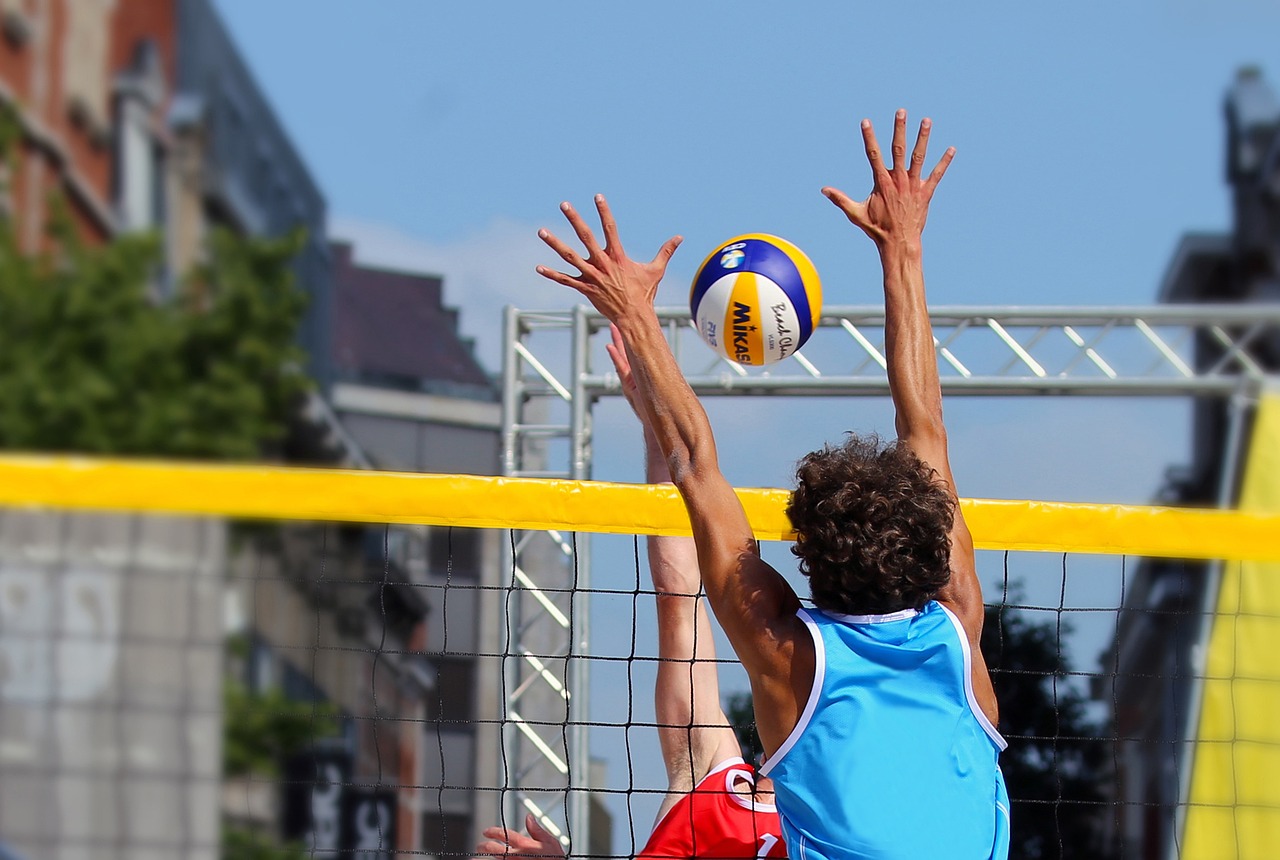If you play sports like tennis, volleyball, or baseball, you’ve probably noticed how much stress these activities put on your shoulders—especially when you’re serving, smashing, or throwing. The more you play, and the older you get, the higher your risk of injury becomes. But don’t worry! With the right steps, you can keep your shoulders strong and injury-free. Let’s break down how.
Why Are Shoulder Injuries Common in Overhead Sports?
In sports that involve a lot of overhead movements, your shoulder takes on most of the work. The repetitive motions, like hitting a tennis serve or spiking a volleyball, can wear down your shoulder over time. The most common issues are strains or muscle injuries caused by overuse.

Some common reasons shoulder injuries happen include:
- Loss of shoulder rotation (GIRD): If your shoulder loses some of its ability to rotate, it puts you at risk for pain and problems like shoulder impingement. This is especially true for athletes who use one arm a lot, like baseball pitchers or tennis players.
- Weak rotator cuff muscles: Your rotator cuff muscles play a crucial role in keeping your shoulder stable. If they’re weak, your shoulder becomes more vulnerable to injury.
- Scapular dyskinesis (shoulder blade problems): If your shoulder blade isn’t moving or positioned correctly, it can throw off the whole shoulder joint, making injuries more likely.
How to Protect Your Shoulders
Now that we know why injuries happen, let’s talk about how to prevent them. These tips will help keep your shoulders in good shape:
1. Improve Shoulder Rotation (Fix GIRD)
If your shoulder doesn’t rotate as well as it used to, it’s important to work on flexibility. Simple stretches and exercises that focus on improving how your shoulder moves can help a lot. It’s also a good idea to regularly check how your shoulder is doing—this way, you can catch any issues early.
2. Strengthen Your Rotator Cuff
Your rotator cuff muscles are key to shoulder stability. If they’re weak, you’re more likely to get injured. Strengthening them can be as simple as:
- Eccentric exercises: These exercises focus on slowly lowering weight, which helps build strength and control. It’s especially useful for protecting your shoulder during overhead movements.
- Sport-specific training: Workouts that mimic the movements of your sport (like plyometrics for explosive power) help prepare your shoulders for real game situations.
3. Fix Shoulder Blade Movement (Scapular Dyskinesis)
Your shoulder blade needs to move properly for your shoulder to function well. If it’s out of sync, it can lead to injury. To fix this:
- Work on scapular positioning: Strengthen the muscles that control your shoulder blade’s movement to ensure everything’s aligned.
- Test how your shoulder blade moves: Simple tests can help you figure out if your shoulder blade is working as it should. If it’s not, exercises can help restore normal movement.
Managing Tightness in the Back of the Shoulder

Many overhead athletes develop tightness in the back of the shoulder from repetitive motion. This tightness can reduce your shoulder’s ability to move and might lead to pain or conditions like shoulder impingement. You can prevent this by:
- Stretching the back of your shoulder: Gentle stretches that target the tight areas will help keep your shoulder flexible.
- Using muscle energy techniques: These exercises involve pushing against resistance to improve your range of motion and ease tension.
How to Safely Return to Your Sport After Injury
If you’ve been injured, it’s important not to rush back to your sport too soon. Here are a few things to keep in mind before returning:
- Make sure your shoulder has full range of motion and that your muscles are strong enough, especially the muscles that rotate your arm outward.
- Check that your shoulder blade is moving properly without any issues.
- Complete a rehab program that focuses on building strength and endurance in your rotator cuff and shoulder blade muscles.
Conclusion: Keep Your Shoulders Healthy and Strong
Overhead sports can be tough on your shoulders, but the good news is you can prevent injuries by taking care of them. Regularly stretching, doing strength exercises, and making sure your movements are correct will keep your shoulders in top shape.
By staying proactive, you’ll not only avoid injuries but also improve your performance. If you’re ever unsure about how to protect your shoulders, don’t hesitate to reach out to a physiotherapist who can guide you with the right exercises and treatment.

